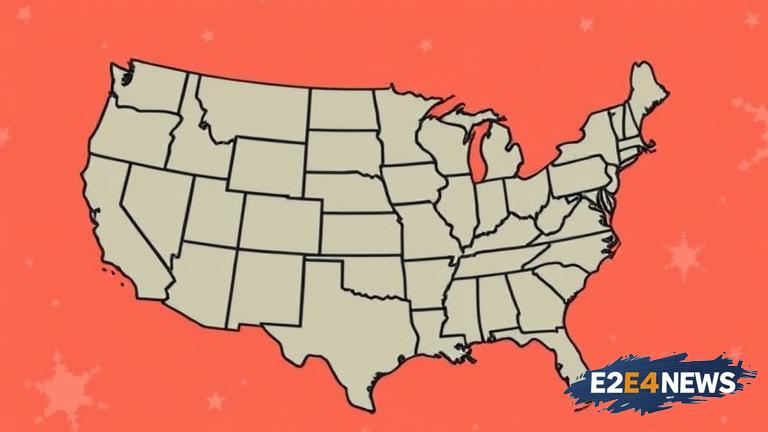The United States government has recently announced an expansion of its restrictions on public benefits for undocumented immigrants. This move is expected to have significant implications for the lives of millions of people living in the country without proper documentation. The new restrictions will limit access to essential services such as healthcare, food assistance, and housing support. Undocumented immigrants will face increased scrutiny when applying for these benefits, and their eligibility will be subject to stricter criteria. The changes are part of a broader effort by the US government to curb immigration and enforce stricter border control policies. The move has been met with criticism from immigrant advocacy groups, who argue that it will disproportionately affect vulnerable populations, including children and the elderly. Many of these individuals rely on public benefits to survive, and the restrictions will likely exacerbate poverty and inequality. The US government has argued that the restrictions are necessary to ensure that public benefits are only available to those who are legally entitled to them. However, critics argue that the move is motivated by a desire to deter immigration and punish those who are already in the country without proper documentation. The restrictions will also have significant implications for the US economy, as many undocumented immigrants are employed in key sectors such as agriculture and construction. The move may lead to labor shortages and increased costs for businesses that rely on immigrant labor. Furthermore, the restrictions will likely have a negative impact on public health, as undocumented immigrants may be less likely to seek medical care due to fear of detection and deportation. The US government has also announced plans to increase funding for immigration enforcement and border security, which will likely lead to an increase in deportations and detentions. The move has been widely condemned by human rights groups, who argue that it is inhumane and violates the fundamental rights of undocumented immigrants. The restrictions will also have significant implications for the US education system, as many undocumented immigrant children may be denied access to essential services such as food assistance and healthcare. The move is part of a broader trend of increasing hostility towards immigrants in the US, which has been fueled by divisive rhetoric and policies. The US government has a long history of implementing policies that restrict the rights of undocumented immigrants, and the latest move is likely to be seen as a continuation of this trend. The restrictions will likely have far-reaching consequences for the lives of millions of people, and will likely be the subject of intense debate and controversy in the coming months and years.
